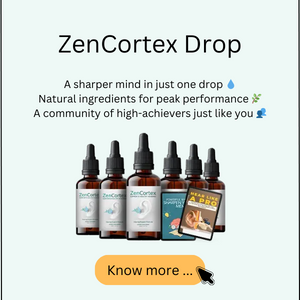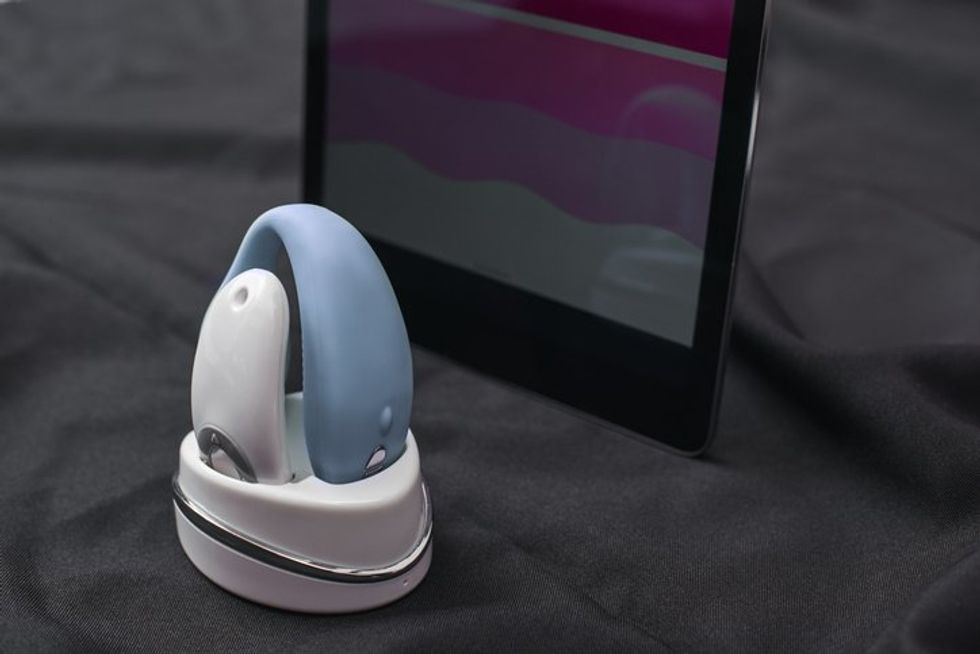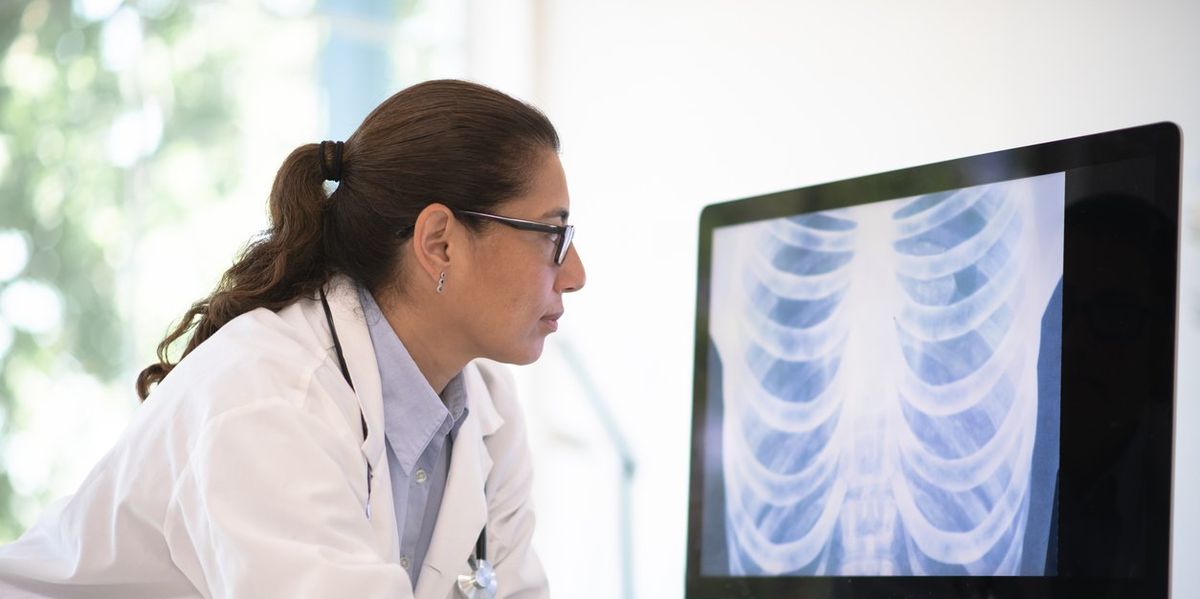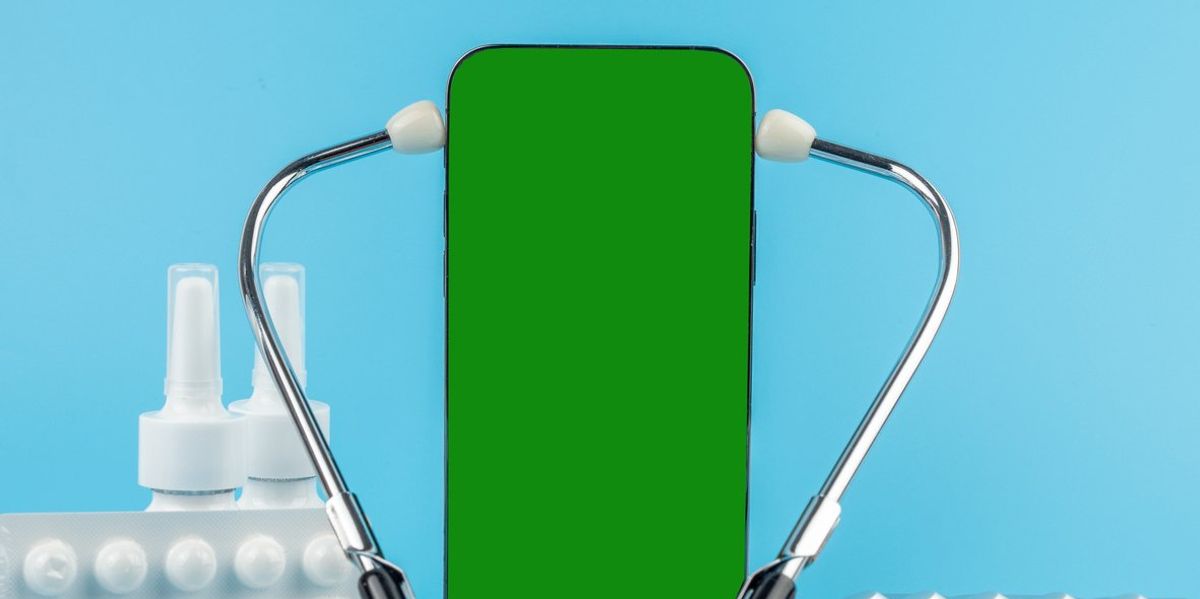The Best Menopause Supplements, According to Experts
According to the North American Menopause Society, a woman is in menopause when she has missed her period for 12 months in a row. If you go for 11 months and get a period, the clock starts again.
Menopause is due to aging, resulting in the ovaries decreasing in function. This is accompanied by a drop in estrogen, progesterone, and other hormones. The average age for most women to reach menopause is 51, but it can occur for some women as young as 45 or as old as 55. A woman in menopause can no longer get pregnant.
Some common symptoms of menopause include aging skin, mood changes, vaginal dryness, memory problems, and weight gain. Women may also experience decreased libido, hair loss, and poor sleep. A healthy lifestyle as well as nutrient supplementation can help mitigate some of these symptoms so women can feel their best.
What Happens to a Woman’s Body During Menopause?
As mentioned above, menopause is a natural consequence of aging. A woman’s ovarian reserve has dwindled along with hormones that are normally secreted by the ovaries.
A woman may also have induced menopause, which happens when the ovaries are removed, she has undergone chemotherapy or radiation, or she has used medication that may impair ovarian function.
During menopause, estrogen levels naturally decline, which can have negative effects on heart, metabolic, and bone health. These hormonal changes raise the risk of heart disease, diabetes, and osteoporosis, to name a few conditions, according to a review published in 2023 in Cell.
Cardiovascular disease is more prevalent in menopausal women than men of the same age, according to a study published in 2022 in the American Journal of Physiology-Heart and Circulatory Physiology.
Estrogen deficit in the brain may also lead to mood changes, sleep disturbances, difficulty concentrating, fatigue, and hot flashes, according to a review of herbal supplements published in 2021 in Frontiers of Pharmacology.
How Does Menopause Differ From Perimenopause?
Perimenopause refers to the transition time before a woman’s periods completely stop. While women in perimenopause may experience similar symptoms to those in menopause, menopause is marked by the complete cessation of monthly menstrual cycles for one full year.
Women in perimenopause are more likely to experience hot flashes, spotting, and night sweats, though women in menopause may experience hot flashes and poor sleep, too. Both groups may see increases in weight, as well as cholesterol and other fats in the blood; declines in sex drive and bone mass; and changes in skin integrity.
Should a Woman’s Nutrition and Supplement Strategy Change During Menopause?
Short answer: yes.
Because the risk for heart disease and weight gain increases in menopause, reducing overall calories may aid in preventing heart disease and unwanted weight gain.
Postmenopausal women with obesity experience better weight loss results and improvements in binge eating when provided dietary interventions versus exercise alone, according to a study published in 2019 in The International Journal of Behavioral Nutrition and Physical Activity.
Losing weight may help improve symptoms in menopausal women. According to a study published in 2023 in Nutrients, in women with obesity or overweight, losing 11 pounds (5 kilograms) of weight improved the tolerability of hot flashes by 30 percent.
Since menopausal women no longer have monthly menstrual cycles, their need for iron goes down from 18 milligrams (mg) per day to 8 mg per day for women age 50 and over. Most women’s formula supplements for those over 50 will contain less or no iron.
However, calcium requirements increase from 1,000 mg to 1,200 mg per day for women 51 and up to prevent bone loss, though the use of calcium supplementation can be controversial, according to a study published in 2020 in Nutrients. The risk for kidney stones and heart attacks increased by roughly 20 percent in older adults taking calcium.
For women who are lactose intolerant or already have a diagnosis of osteopenia or osteoporosis, a calcium supplement may be indicated. Women should talk to their healthcare provider about the pros and cons of supplemental calcium.
Who Shouldn’t Take Menopause Supplements?
Vitamin E is a fat-soluble vitamin that serves as an antioxidant in the body. A study published in 2022 in Nutrients indicated that vitamin E supplementation may relieve common postmenopausal symptoms such as hot flashes, lipids, and vaginal changes. The study suggested doses between 400 and 1,000 mg per day, and more research is needed for consensus.
But since high doses of vitamin E can have a blood-thinning effect, vitamin E supplementation is not advised for women taking blood thinners. More studies are needed to confirm a daily dose for vitamin E.
Vitamin D deficiency has been associated with poor sleep, depression, sexual dysfunction, and joint pain in postmenopausal women according to the European Menopause and Andropause Society. However, if a woman doesn’t have a vitamin D deficiency, supplementation does not improve symptoms.
A supplement commonly used by women in menopause is rhapontic rhubarb, commonly marketed as ERr731 or Siberian rhubarb. This hormonal-free supplement when combined with saffron was found to reduce hot flashes in peri- and postmenopausal women in a study published in 2023 in Voprosy Pitaniia.
However, because supplements are not regulated by the U.S. Food and Drug Administration, women should check with their healthcare provider before taking any. Herbal preparations or supplements do not have a recommended dietary allowance (RDA), as they aren’t considered essential nutrients in the human diet.
Bottom line: Anyone taking other medications, either prescription or over the counter, needs to be cautious about possible interactions with herbal supplements.
Source link
Discover more from BIPNs
Subscribe to get the latest posts sent to your email.
Share this article:
Discover more from BIPNs
Subscribe to get the latest posts sent to your email.











